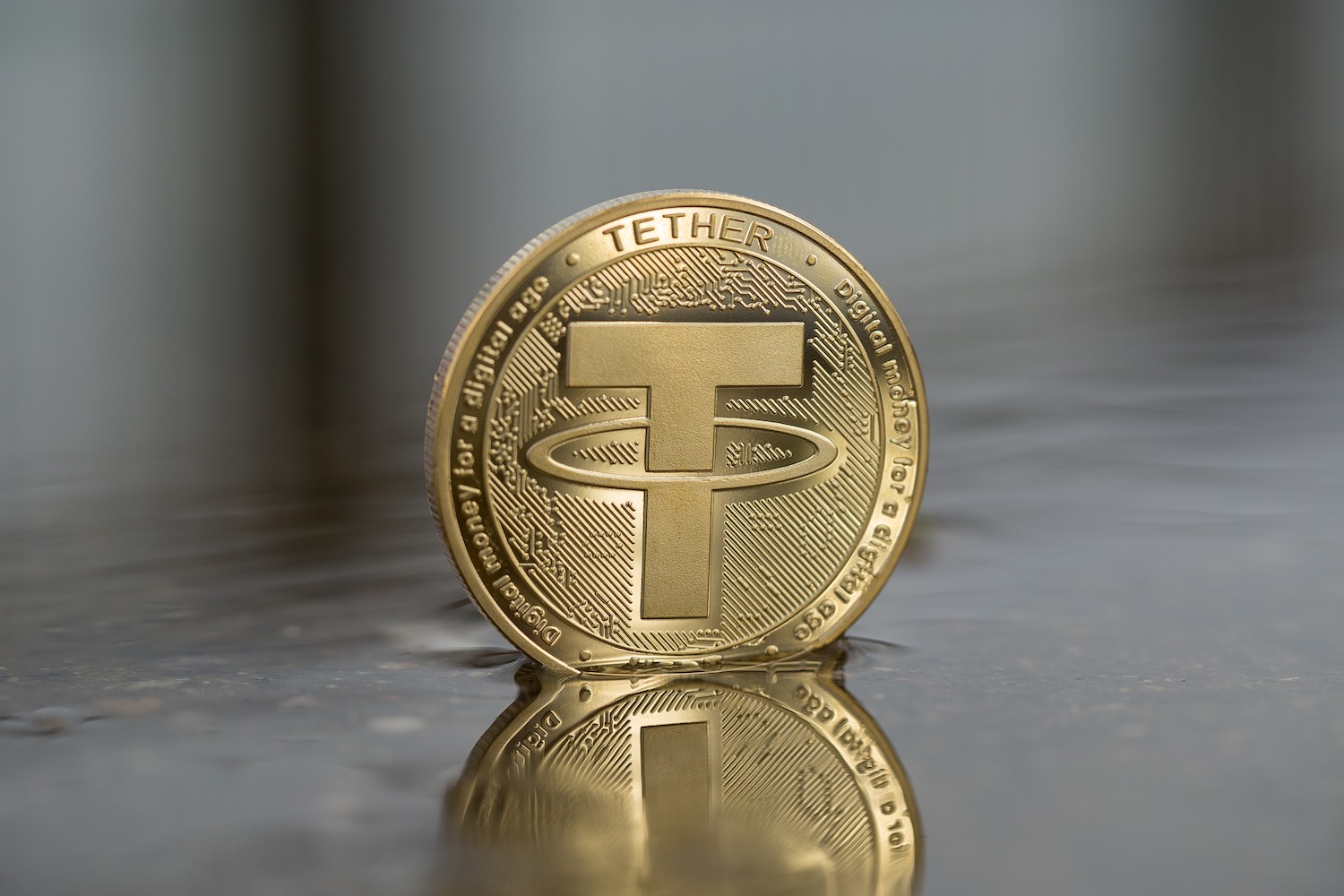Tether Dominates Crypto Fee Revenue with $122M in a Week
12.01.2025 16:00 1 min. read Alexander Stefanov
The cryptocurrency market has seen significant fee-based revenue generation this week, with Tether emerging as the top performer.
Over the past seven days, Tether brought in $122.78 million, reflecting its dominance as a critical player in crypto transactions. Supporting 11 networks, including Ethereum, Solana, and Tron, Tether remains essential for seamless cross-chain transfers.
Stablecoins continue to lead the revenue race, with Circle generating $33.33 million, highlighting the growing reliance on digital dollars for payments. Layer-1 blockchains are also thriving, with Solana outpacing Ethereum by earning $35.06 million in weekly fees compared to Ethereum’s $30.33 million. These numbers underscore Solana’s active user base and high transaction volumes.
Liquid staking is another booming sector, with Jito earning $43.42 million, surpassing Lido’s $20.78 million. This trend reflects increasing demand for yield-generating options that maintain liquidity.
Decentralized finance (DeFi) protocols also performed well, particularly decentralized exchanges. Raydium led with $43.36 million in weekly fees, followed by Uniswap at $31.97 million. In contrast, lending protocols like Aave, which earned $15.32 million, trailed behind, as trading activity currently overshadows borrowing and lending.
This week’s data highlights a market increasingly driven by transaction fees and real utility, showcasing the shifting dynamics of crypto adoption and usage.
-
1
Ripple Faces Legal Setback as Court Rejects Bid to Ease Penalties
26.06.2025 16:54 1 min. read -
2
Coinbase Surges 43% in June, Tops S&P 500 After Regulatory Wins and Partnerships
29.06.2025 21:00 2 min. read -
3
Ripple Has Applied for a National Banking License
03.07.2025 7:00 2 min. read -
4
What Will Happen With the Stock Market if Trump Reshapes the Fed?
29.06.2025 13:00 2 min. read -
5
Barclays Blocks Crypto Credit Card Payments in Latest Blow to Retail Investors
26.06.2025 8:00 2 min. read
Charles Schwab to Launch Bitcoin and Ethereum Trading Soon, CEO Confirms
Charles Schwab is preparing to roll out spot Bitcoin and Ethereum trading, according to CEO Rick Wurster during the firm’s latest earnings call.
BlackRock Moves to Add Staking to iShares Ethereum ETF Following SEC Greenlight
BlackRock is seeking to enhance its iShares Ethereum Trust (ticker: ETHA) by incorporating staking features, according to a new filing with the U.S. Securities and Exchange Commission (SEC) submitted Thursday.
IMF Disputes El Salvador’s Bitcoin Purchases, Cites Asset Consolidation
A new report from the International Monetary Fund (IMF) suggests that El Salvador’s recent Bitcoin accumulation may not stem from ongoing purchases, but rather from a reshuffling of assets across government-controlled wallets.
Sberbank Moves to Dominate Russia’s Crypto Custody Sector
Sberbank, Russia’s largest state-owned bank, is preparing to launch custody services for digital assets, marking a significant expansion into the country’s evolving crypto landscape.
-
1
Ripple Faces Legal Setback as Court Rejects Bid to Ease Penalties
26.06.2025 16:54 1 min. read -
2
Coinbase Surges 43% in June, Tops S&P 500 After Regulatory Wins and Partnerships
29.06.2025 21:00 2 min. read -
3
Ripple Has Applied for a National Banking License
03.07.2025 7:00 2 min. read -
4
What Will Happen With the Stock Market if Trump Reshapes the Fed?
29.06.2025 13:00 2 min. read -
5
Barclays Blocks Crypto Credit Card Payments in Latest Blow to Retail Investors
26.06.2025 8:00 2 min. read


